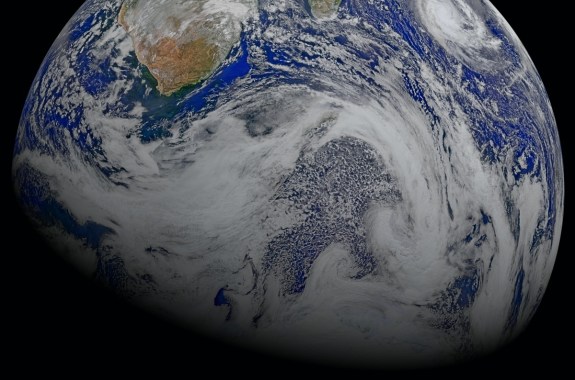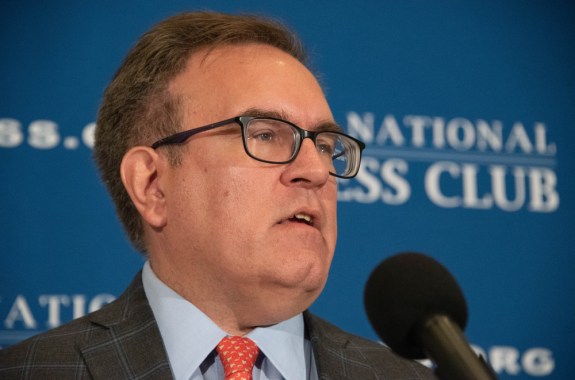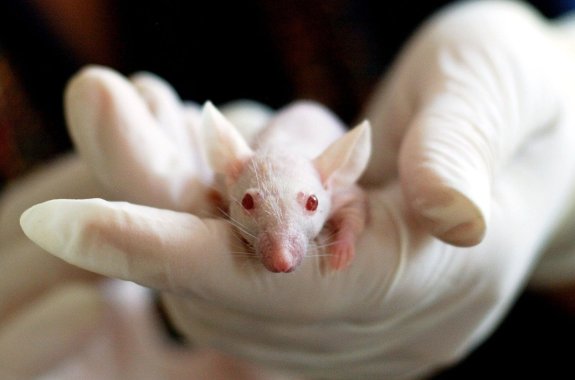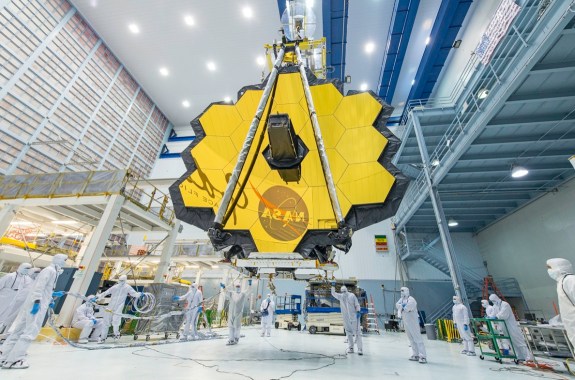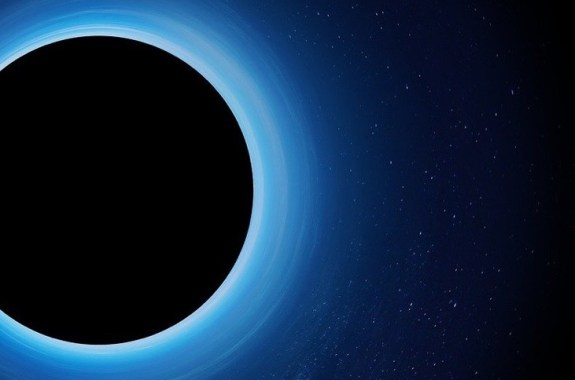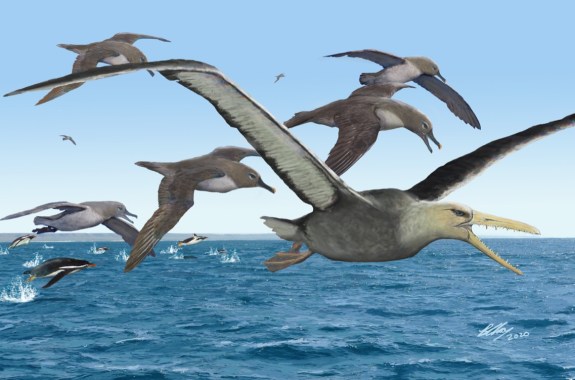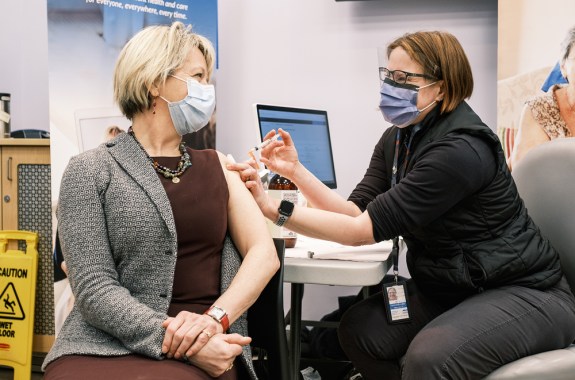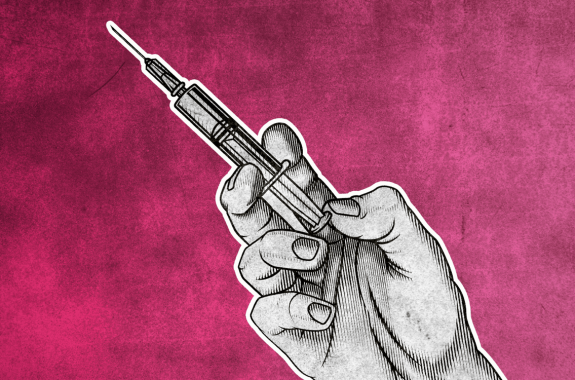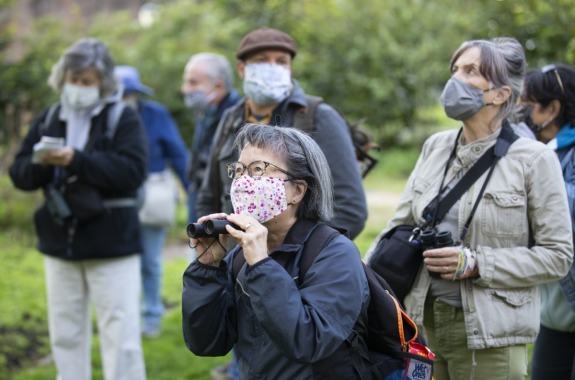Radio
Listen to Science Friday live on Fridays from 2-4 p.m. ET
November 29, 2024
For our 33rd anniversary, we’re broadcasting some of our listeners’ favorite SciFri stories. And, this year’s Ig Nobel Prizes include awards for studying coin flipping, the movements of a dead trout, and more.
17:14
A New President, An Ongoing Climate Crisis
Author and climate scientist Michael Mann lays out what President Biden can do in his first 100 days to show he’s serious about climate policy.
17:14
How Did A Vaccine Get Developed In Less Than A Year?
How decades of vaccine research, financial investment, and a bit of luck gave scientists the tools to quickly create—and test—vaccines for COVID-19.
12:11
Trump’s New EPA ‘Transparency’ Rule Could Hamper Science
Critics say the new rule could be used to hamper new environmental regulations.
8:52
Can Cells Rewind The Wrinkles Of Time?
A new study suggests it may be possible to reprogram cellular aging.
12:13
Strap In, It’s Going To Be A Big Year For Space News
From missions to Mars to civilian space flight, we round up what we can look forward to this year in space news.
17:16
Finding New Particles On The Frontier of Physics
Theoretical physicist and Nobel laureate Frank Wilczek explores the existence of new particles, and why they matter.
16:51
Giant, Toothed Birds Once Ruled The Skies
Before they went extinct, this ancient bird was more than twice the size of the modern albatross.
25:17
Fact Check My Feed: What’s Up With These COVID-19 Mutations?
Virologist Angela Rasmussen explains the virus variant and the latest controversy of the vaccine distribution.
12:27
Where Did The Word ‘Vaccine’ Come From?
The story of the first vaccine begins with a disease, a milkmaid, and a cow named Blossom.
23:46
New Year, New Birds
The annual Christmas Bird Count is still on this year—and the hundred-year-old community science project is guiding scientists.
